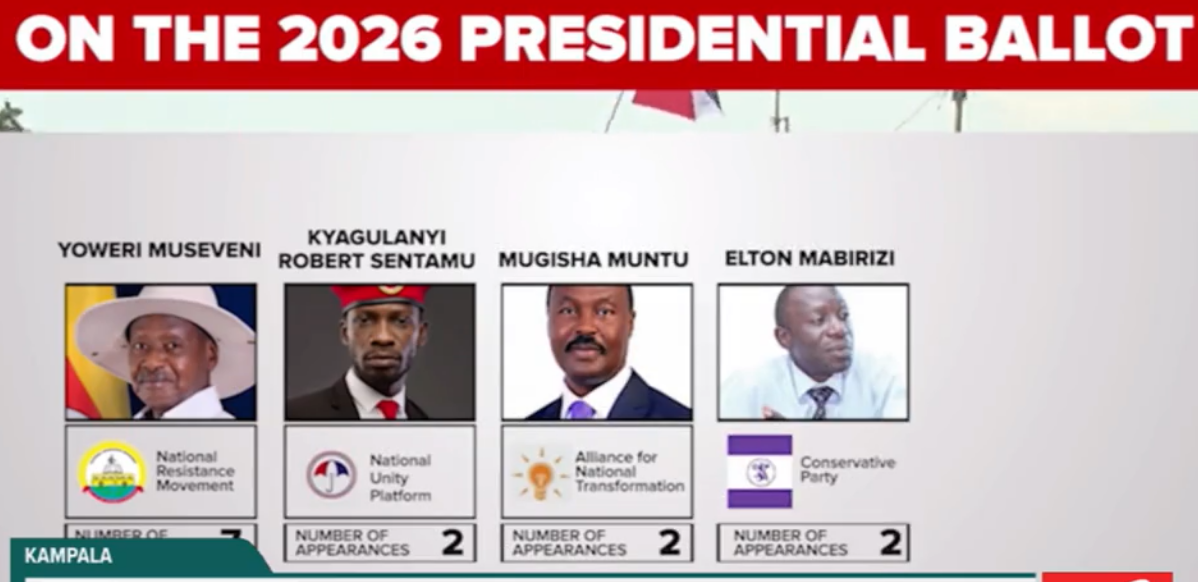Photo: YouTube
On Thursday, a group of local-news experts and practitioners published The Roadmap for Local News: An Emergent Approach to Meeting Civic Information Needs. The result of a year-long research effort, The Roadmap sets forth a visionary and actionable plan to ensure that every U.S. community has access to necessary civic news and information.
Read The Roadmap for Local News at: https://localnewsroadmap.org/
The Roadmap for Local News is co-authored by Elizabeth Green of Chalkbeat, Darryl Holliday of City Bureau and Mike Rispoli of Free Press, who joined together in 2022 to respond to the crisis in journalism that has wreaked havoc on local news over the past 20 years.
Chalkbeat led the development of The Roadmap with support from the Knight Foundation, the Ford Foundation, the Democracy Fund, the MacArthur Foundation, the Walton Family Foundation and the American Journalism Project. The project builds on discussions at the 2022 Local News Summit organized by the Lenfest Institute and Aspen Digital. The Roadmap includes additional contributions from Andrew Golis, Hala Harik Hayes, Carolyn Lukensmeyer, Kary Perez, Sierra Sangetti-Daniels and Matt Thompson.
The report was informed by a year-long process of interviews and conversations with more than 60 newsroom leaders, journalists, local-news innovators and philanthropists, representing diverse backgrounds, communities and perspectives.
Building on this research, The Roadmap for Local News describes an emergent “civic media” system, which carries forward the most valuable traditions of journalism but also builds on that legacy by transforming who produces journalism, how they produce it and how it’s funded. This expands journalism’s forms into new and previously underserved communities while sharpening the definition of what it is for. The report calls on a coalition of media practitioners, pro-democracy advocates, funders and government leaders to join forces to support emerging civic media, and the civic information they produce.
To do this, this coalition will need to mobilize philanthropic resources that pursue four key strategies:
(A) Coordinate work around the goal of expanding “civic information,” not saving the news business;
(B Directly invest in the production of civic information;
(C) Invest in shared services to sustain new and emerging civic-information networks; and
(D) Cultivate and pass public policies that support the expansion of civic information while maintaining editorial independence.
“The opportunity now is to shepherd and accelerate a transition to an emergent civic-media system,” The Roadmap’s co-authors write. “This new ecosystem looks different from what it will replace: While the commercial market rewarded information monopolies, what is emerging now are pluralistic networks in which information is fluid, services are shared, and media are made in cooperation with the people they seek to serve.”
“I truly believe this field — this emerging movement — is in a historic moment and ready to seize the huge opportunity before us,” said Elizabeth Green, co-founder and CEO of Chalkbeat. “We may have different approaches, different backgrounds and maybe even different viewpoints, but The Roadmap process has proven that we are more united than ever in vision and ambition.”
“Many of us are coming from different starting points in our familiarity of the local news space, the people involved and ideal outcomes,” said Darryl Holliday, co-founder and executive director of national impact of City Bureau. “Regardless of where you’re coming from, I want to challenge us to reimagine what’s possible — and to begin telling a new story. One that begins with collapse but brings us to the present — a unique opportunity to build on the past by bringing something new, emergent and hugely impactful into being.”
“We are in a historical moment, one where the window for opportunity will not be open forever,” said Mike Rispoli, senior director, journalism and civic information at Free Press. “If it closes without ensuring the success of this emergent civic-media system, we fear that our society will experience further harm and democratic decay — and that the consequences of large-scale information inequity will continue to fall hardest on BIPOC, immigrant, rural, and low-income communities. This growing civic-media movement is ready to step up, in unison, to address our deepening civic challenges. Everyone has a role to play, and we hope the roadmap is the beginning of a much-needed conversation about the future of informed communities.”
Free Press is a nonpartisan organization fighting for people’s rights to connect and communicate. Free Press does not support or oppose any candidate for public office. Learn more at www.freepress.net.







